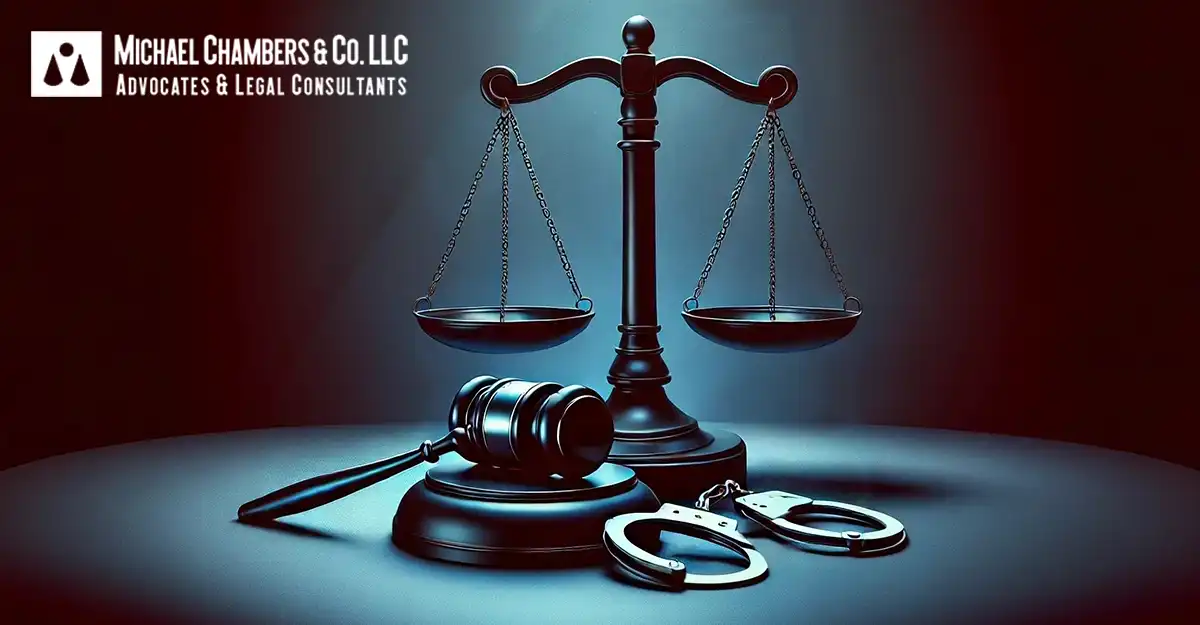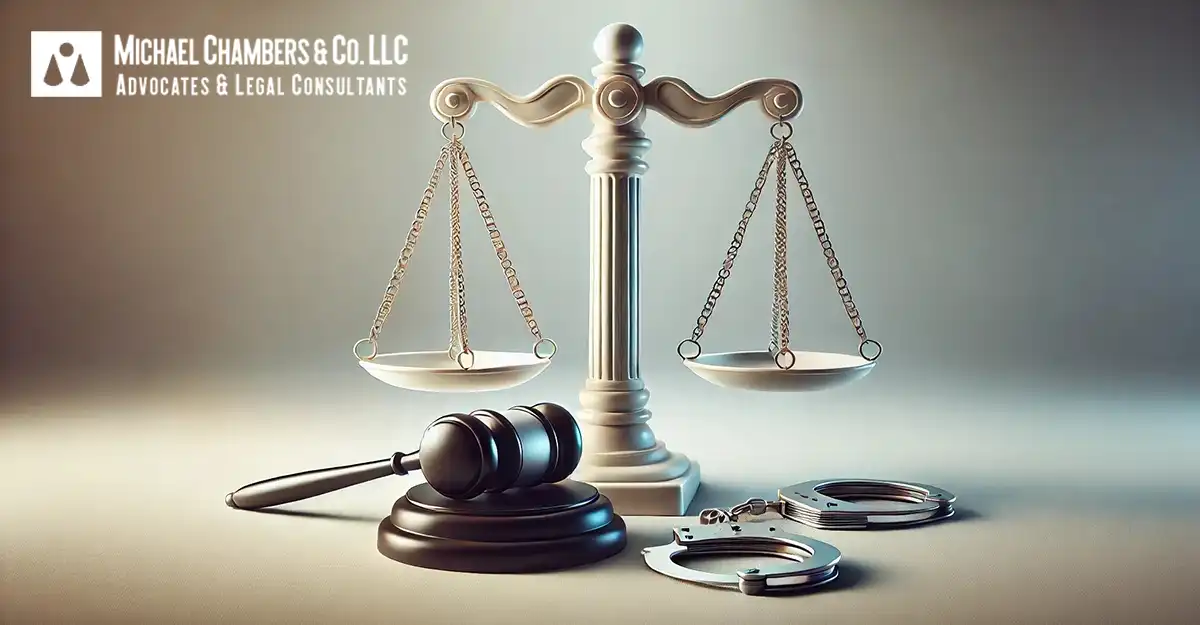Cyprus boasts the third biggest maritime fleet in the EU; the tenth biggest fleet in the world. It is a market leader in ship management and as such security and safety of ships is a paramount issue, which has been addressed under the new Protection of Cyprus Ships Against Acts of Piracy and Other Unlawful Acts Law 2012. The law was published in the Official Gazette on 15th June 2012 and marks a new era in protection for Cyprus registered ships against security threats. The law has been enacted in order to enhance security and is based upon the advice and proposals offered by the International Maritime Organization.
Unlawful Acts
The law addresses a number of potential security issues, including piracy but also covers other “unlawful acts” which is defined to mean “an act or suspicious act or circumstance which, by its nature or context, threatens the security of the ship or may cause damage to the ship or to the persons on board or the cargo”. Examples of unlawful acts governed by the law are:
- seizure of control of the ship (including acts of piracy);
- committing acts of violence against a person on board the ship;
- damage to or destruction of the ship or its cargo;
- placement on board the ship of a device which may cause damage to it, its cargo or the persons onboard;
- abduction or hostage taking of one or more persons onboard the ship;
- theft or transportation out of the ship of certain items;
- exercise or threat of violence or commissioning of any of the above;
- Transmission of information to assist any of the above acts.
Compulsory Security Measures
The new law states that Cyprus ships are required to implement compulsory security measures when sailing through high-risk zones. These measures should be implemented in addition to SOLAS Chapter XI-2 and ISPS Code.
Obligations are placed upon the master and operator of the ship to take necessary measures for the safety of the ship and to prevent “unlawful acts”.
Additional Protective Measures
The Law also enables the operator of a ship to request permission to engage private armed or unarmed security personnel where necessary for safety of the ship in high risk zones. The operator of a Cyprus ship must submit to the Department of Maritime Security an application requesting a certificate which will be issued to allow the boarding of such private security personnel and the use by them of firearms or other equipment in high-risk zones.
The application should include:
- the name and full details of the ship;
- full details of the private security company it wishes to engage;
- a full risk assessment and description of security measures to be undertaken;
- a description of the equipment required to be used;
- places and dates of embarkation and disembarkation of the security company;
- places and dates of the loading and unloading of firearms and other equipment;
- description of the routes taken by the ship;
- a copy of the agreement with the ship security company.
In order for permission to be granted:
- the request must be justified by reference to the security assessment;
- the security personnel must be specially licensed by the government to provide such services (see below).
The ship operator is under an obligation to ensure that the security company he engages holds a valid license, sufficient indemnity insurance and that all guards are able to communicate with the master and crew. Moreover the contents of the contract made between the operator of the ship and the private ship security company are specified and must include:
- full details of each private security guard;
- details of authorized firearms or other special equipment that may be used;
- conditions permitting the use of such firearms and special equipment;
- procedure to be followed to amend any of the above matters.
Private Ship Security Companies
The law states that private ship security companies must submit an application to the Department of Maritime Security in order to obtain a license permitting them to provide services of unarmed or armed personnel to Cyprus registered ships. The application will be approved upon satisfaction of the Department of Maritime Security that the said company is able to provide the services in a manner in compliance with the governing regulations.
The Courts of Cyprus will govern all actions of a licensed private ship security company in Cyprus and the Department of Maritime Security must approve all persons employed by such companies.
Conduct of Private Security Guards
The law governs various aspects of the conduct of any privately engaged security personnel including embarkation and disembarkation, movement and storage of firearms, ammunition and other security equipment whilst on board the ship, as well as governing liability issues between the ship operator and the private ship security company.
Duty to Report
The master and operator are obliged to report to the Department of Merchant Shipping any undertaking or attempted undertaking of an unlawful act upon their ship and to provide full information to the Department of Merchant Shipping regarding that act. Moreover the operator is placed under a direct obligation to inform and keep updated the relatives of hostages and those injured as a result of an unlawful act.
Rights for the Ship’s Personnel
The law provides for certain rights for the personnel on board the Cyprus registered ship including the right for self defense, the right to arrest and detain a person attempting to commit or a person who has committed an unlawful act and the right to seize arms and equipment of those persons attempting to or who have committed an unlawful act.
The new Protection of Cyprus Ships Against Acts of Piracy and Other Unlawful Acts Law 2012 places Cyprus as a market leader in ship management by offering enhanced regulation and management of safety and security issues faced by ships registered under the Cyprus flag.
Michael Chambers & Co LLC’s team of Cyprus lawyers is able to advise on all aspects of ship management and safety measures required under the new law including compliance, engagement of security companies and licensing. If you wish to speak to one of our maritime lawyers, please contact us.


